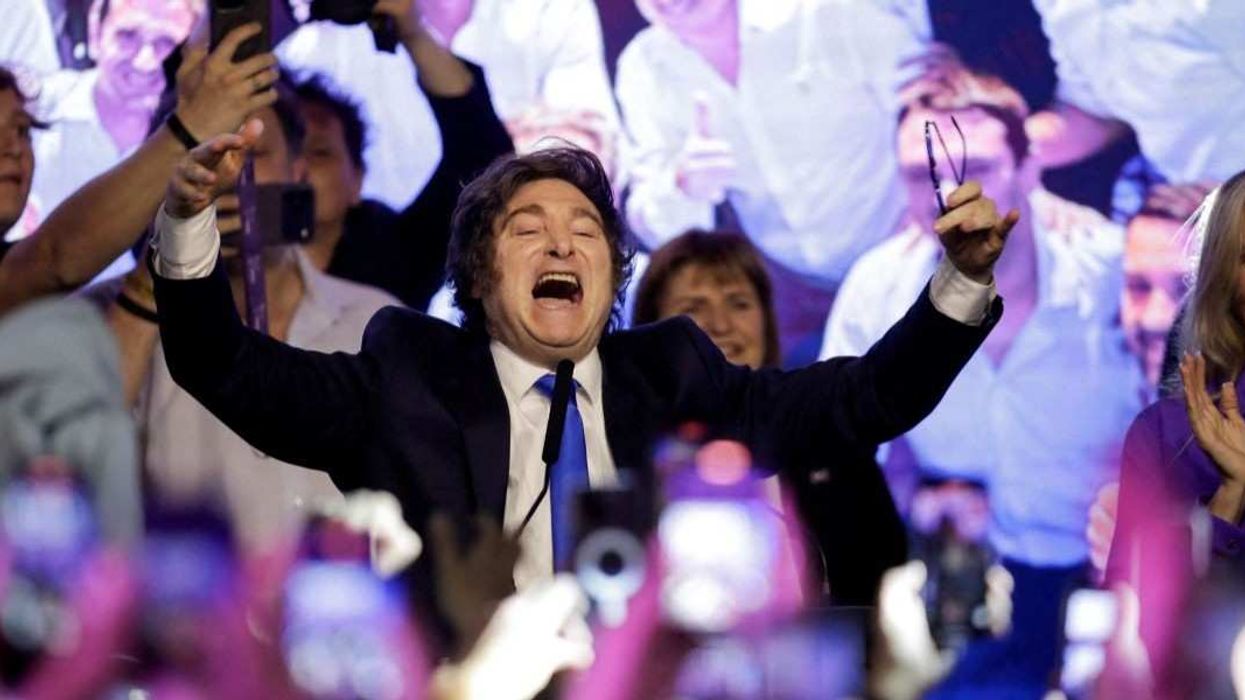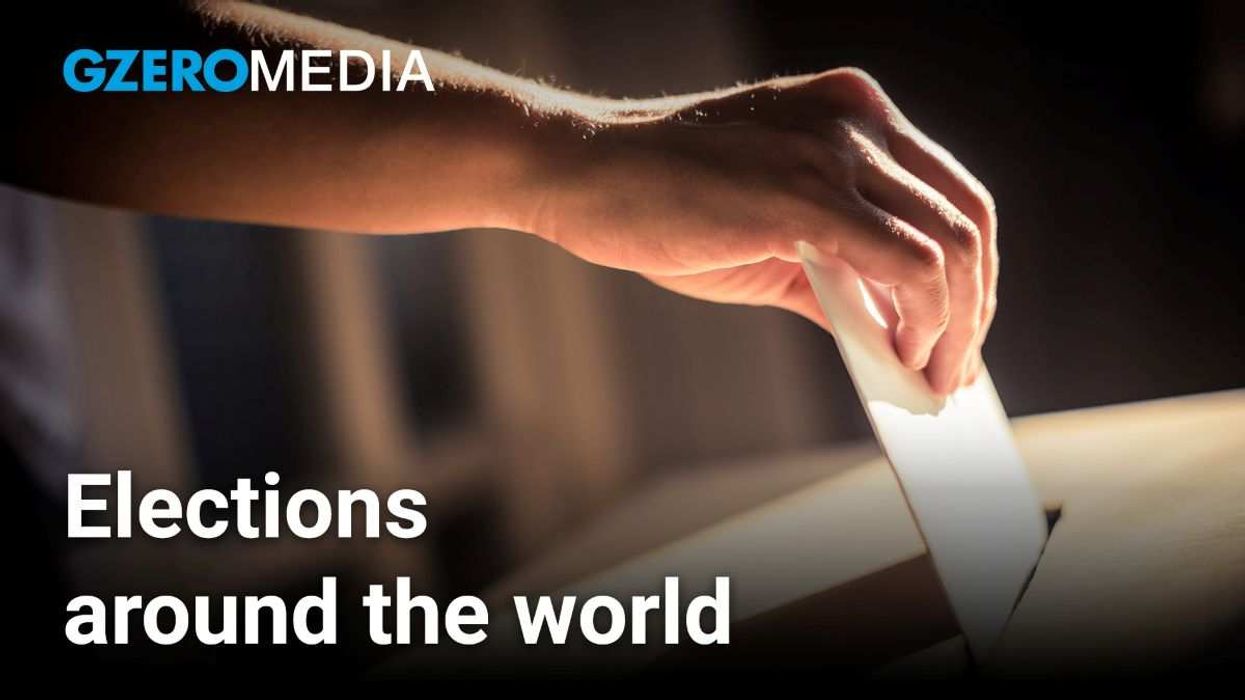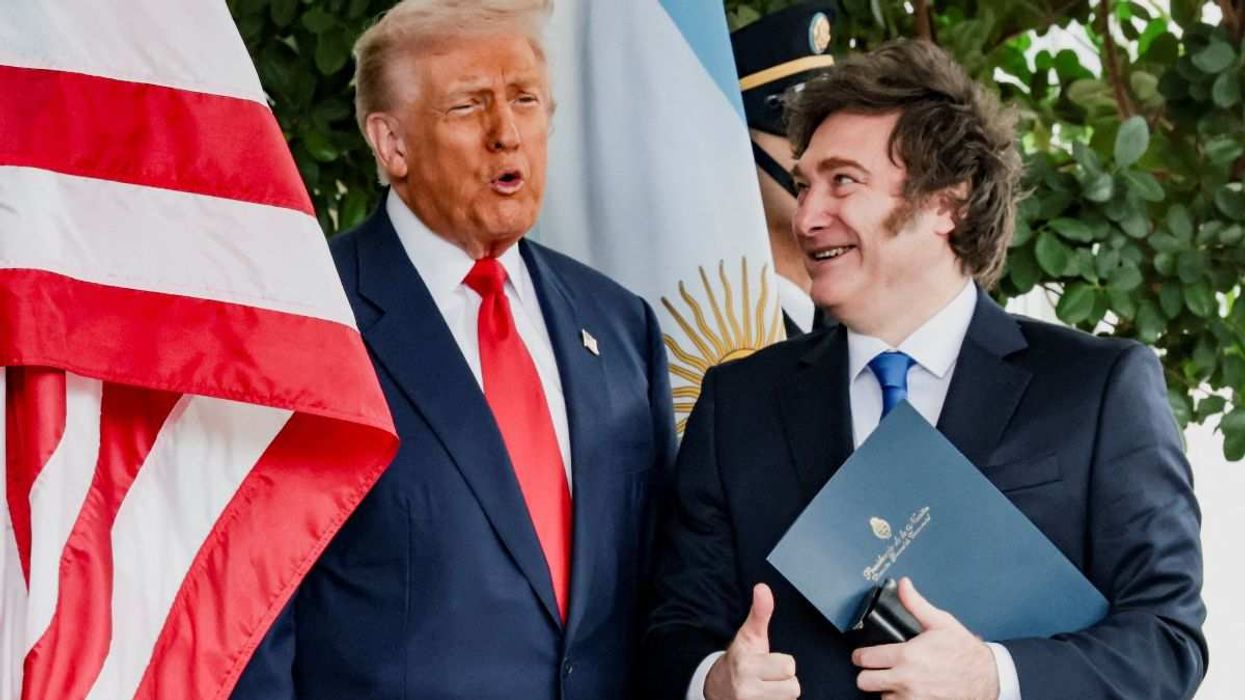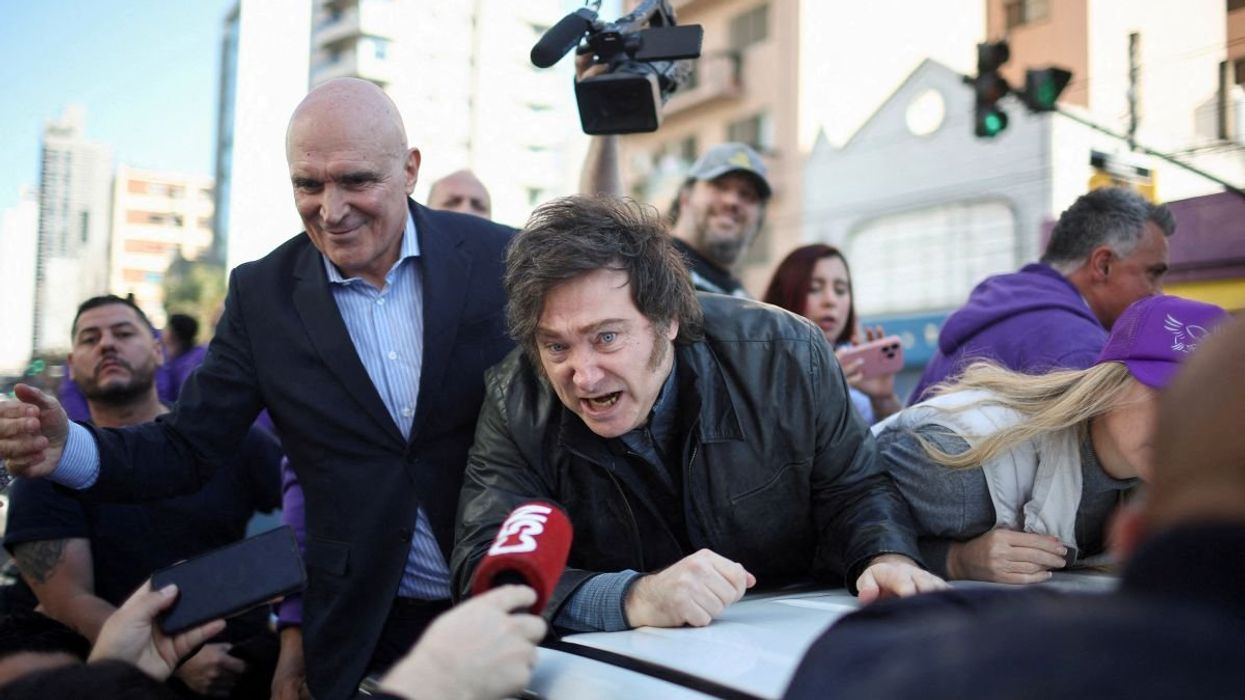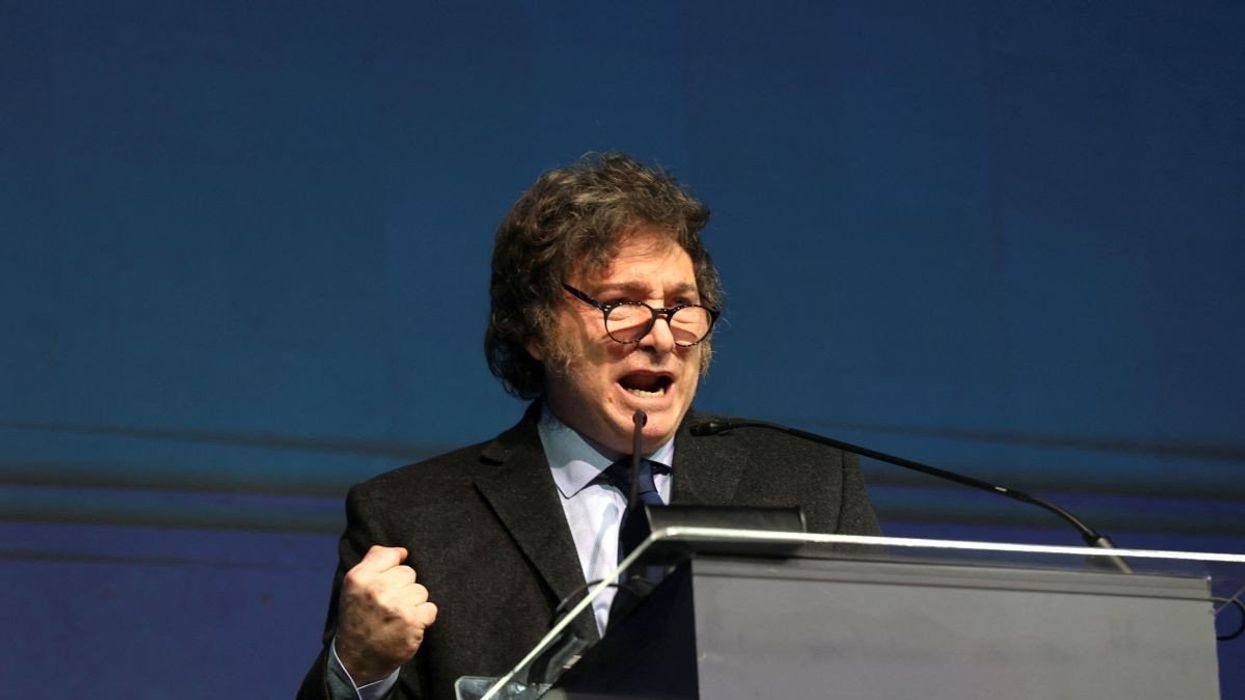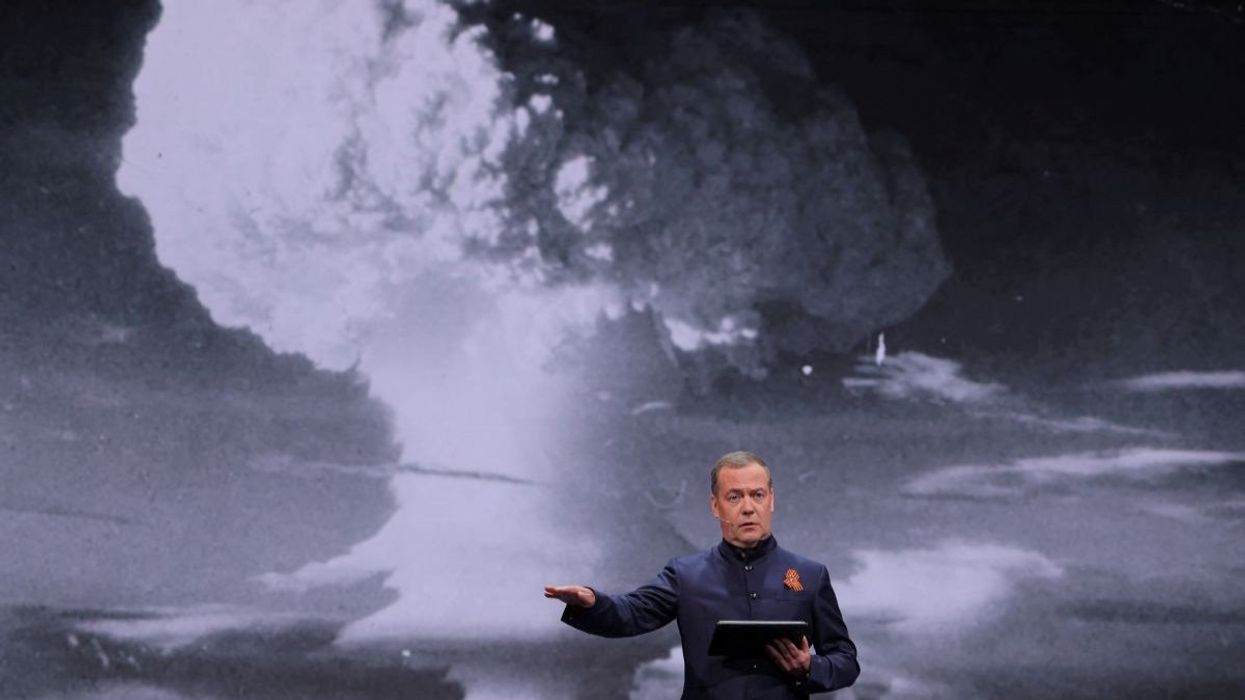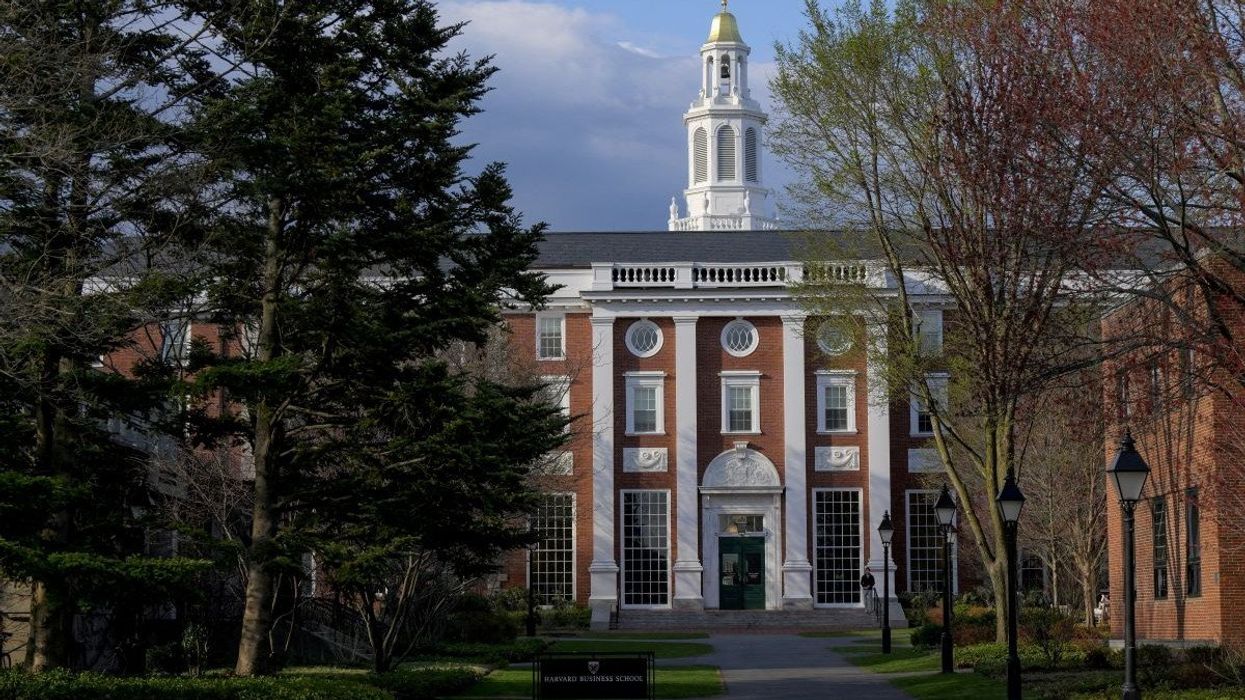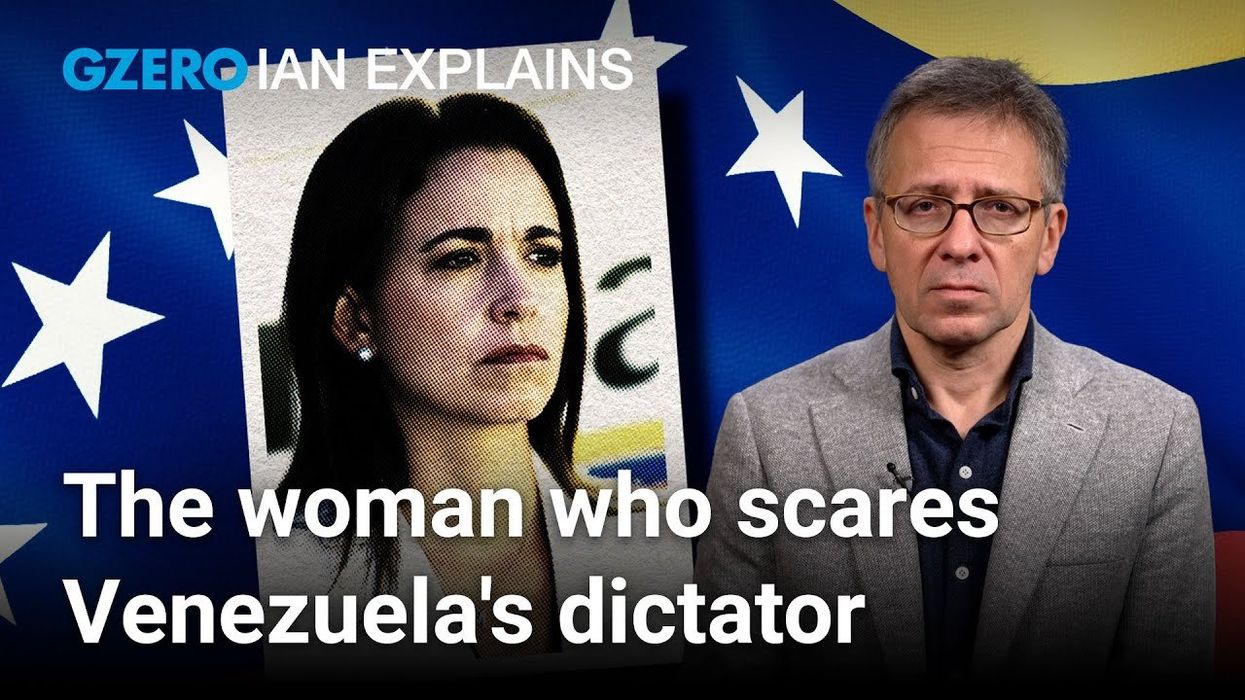What We're Watching
What We’re Watching: Russia seeks state-owned WhatsApp alternative, Argentina advances Milei’s labor reforms, Mixed messages on El Paso airport closure
The Russian government has begun blocking the popular messaging apps WhatsApp and Telegram in a sweeping crackdown aimed at forcing Russians to use a state-backed alternative called MAX, which critics say would enable censorship and surveillance.
Feb 12, 2026



